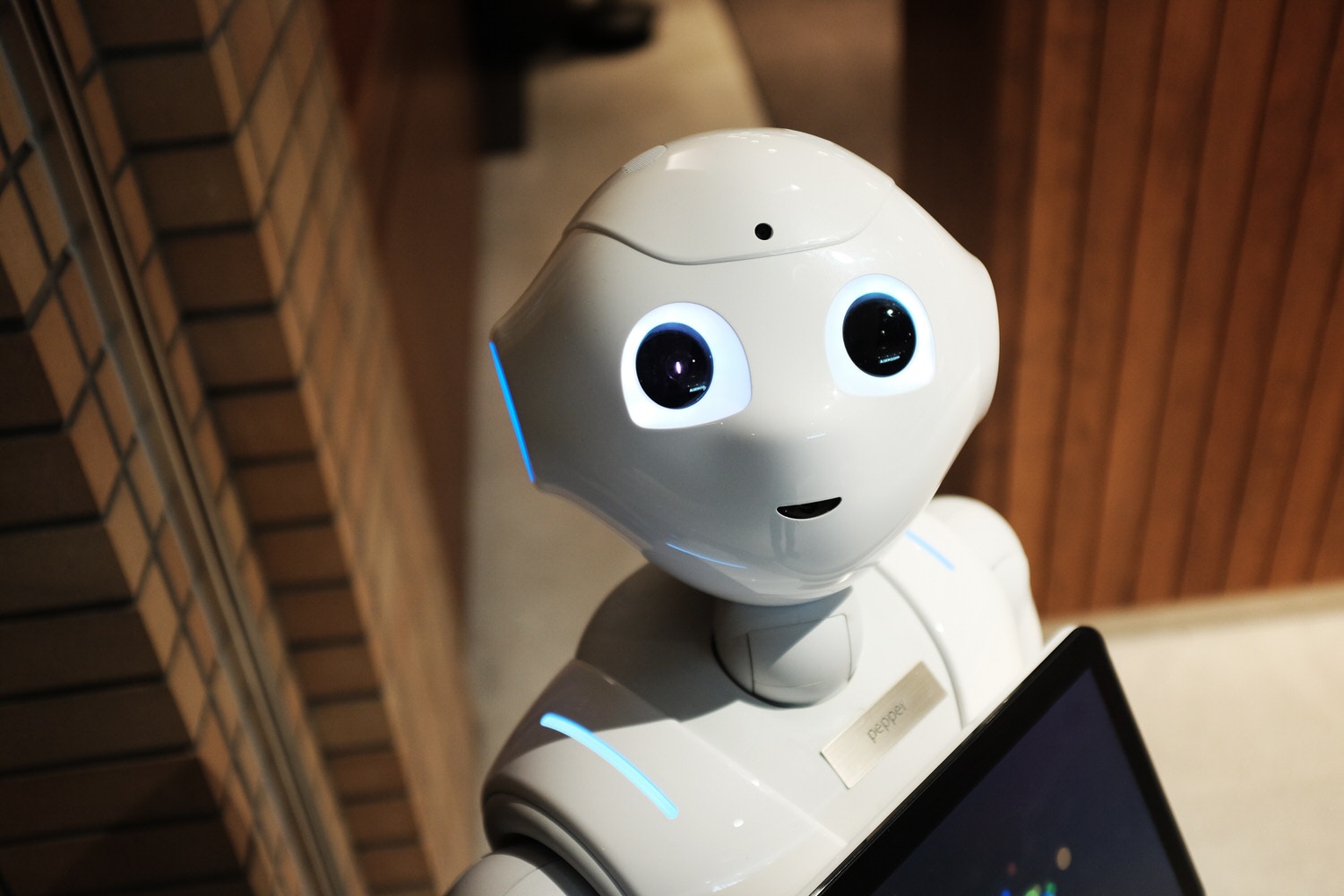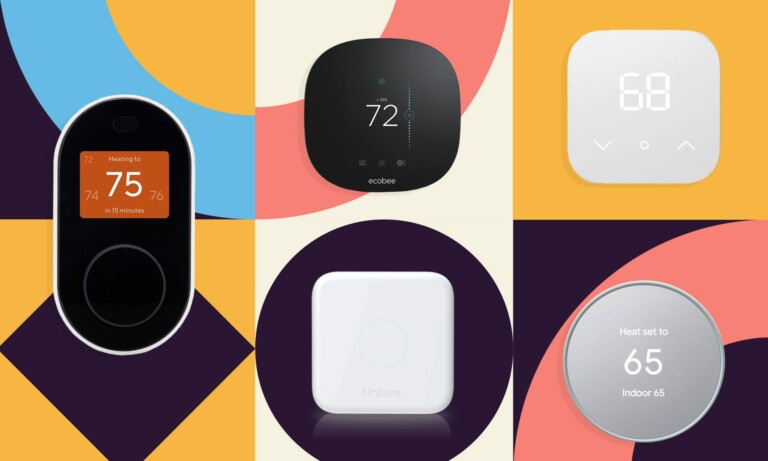What Impact Will AI Have on the Future of Ecommerce?

When we think about intelligent machines, our minds usually turn to the most obvious examples. Self-driving cars, smart thermostats, and Go-playing computers are all reliant on some artificial intellect. But there are many other forms of AI that are often overlooked. For instance, e-commerce is currently undergoing an AI revolution. Rather than wading through huge catalogues, online shoppers receive recommended products when they first arrive. In fact, the whole virtual retail experience looks set to be transformed in the coming years. Here’s our look at the future of e-commerce.
The Future of Ecommerce
The term “e-commerce” applies to any transaction that involves buying or selling online. This definition includes the sale of physical goods, as well as intangible digital files.

In fact, e-commerce stretches from purchases made on the App Store through to regular clothes shopping. Given the sheer variety of e-commerce merchants online, it’s unsurprising to note that there are numerous marketing strategies in operation. In future, most will be at least partially based on AI.

This might sound futuristic, but the switch from human to machine is happening right now. According to a recent report by Business Insider, 85% of customer interactions could be handled without human intervention by 2020. In other words, the next three years are going to be a turning point in the evolution of online retailing.
[tweet_box]85% of customer interactions could be handled without human intervention by 2020[/tweet_box]
Such a transformation is quite difficult to envisage. How will AI interact with customers? How will the software drive sales? What will happen to customer support? And will there be new opportunities? To answer these questions, we have to meet some pioneers.

What to Expect
At the moment, online shopping feels quite like shopping at the mall. When you want to buy something, you have to visit the website of a suitable retailer. On your arrival, you can browse through the catalogue or ask for what you need (via search). Once you have put everything in your basket, you then pay at the checkout. This antiquated model can be frustratingly slow for the consumer. But with AI, the process is likely to receive a major overhaul.
For starters, each customer will have their own personal shopper. Mona is an intelligent app developed by former Amazon employees. She’s like the retail therapy version of Siri. Rather than searching for a new pair of jeans, you can tell Mona what you’re looking for. Based on your previous purchases, she will then find something to suit your taste and budget.
For everyday supplies, Amazon Echo owners can simply ask Alexa to add items to their shopping list. This is much easier than regular online grocery shopping, and customers can pay with one click.
Targeted Marketing
Even when people aren’t necessarily looking to buy, AI marketing can help with the search for new customers. For example, future wearables could collect data that will be useful for retailers. Visited a pet store recently? Expect to receive personalized deals on doggy treats and cat toys.
Artificial intelligence can even replace human sales assistants. Rapidly improving chatbots will allow e-commerce stores to provide instant suggestions and support. Plus, AI can even tackle the scourge of fake product reviews. That’s pretty big news when you consider that around 90% of potential customers are swayed by positive reviews.
Intelligent Future
Whether we like it or not, e-commerce will soon be run by machines rather than humans. Powered by data, this artificial intelligence is likely to post bigger sales numbers than ever before. For anyone in retail, the future of e-commerce looks incredibly exciting.
Are you an e-commerce merchant with your eye on AI? Tell us what you think in the comments!
















